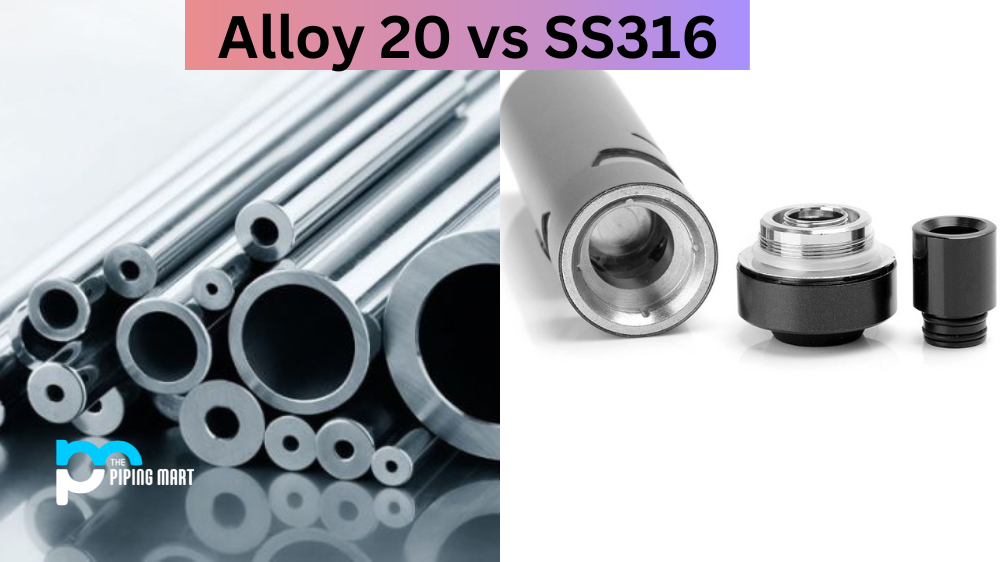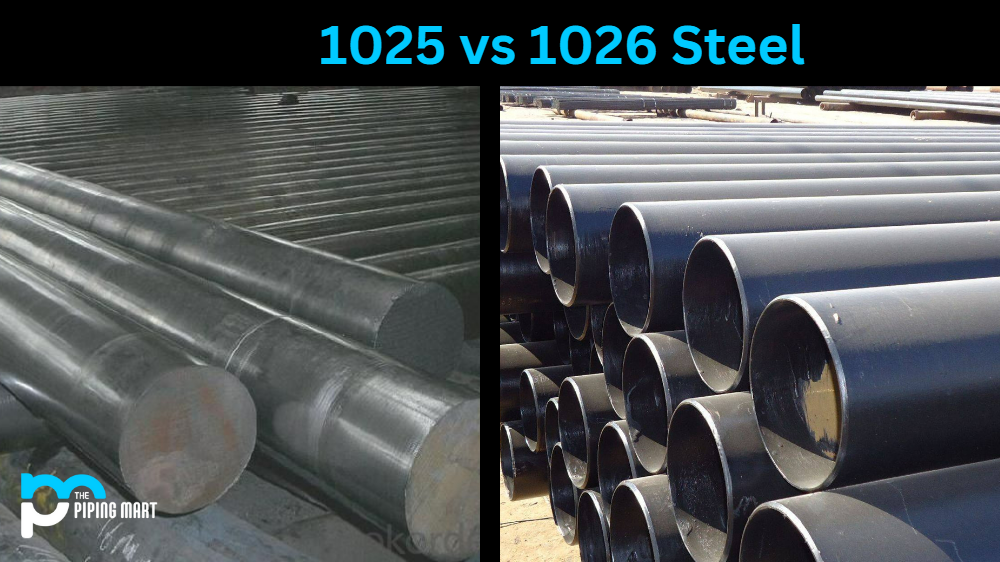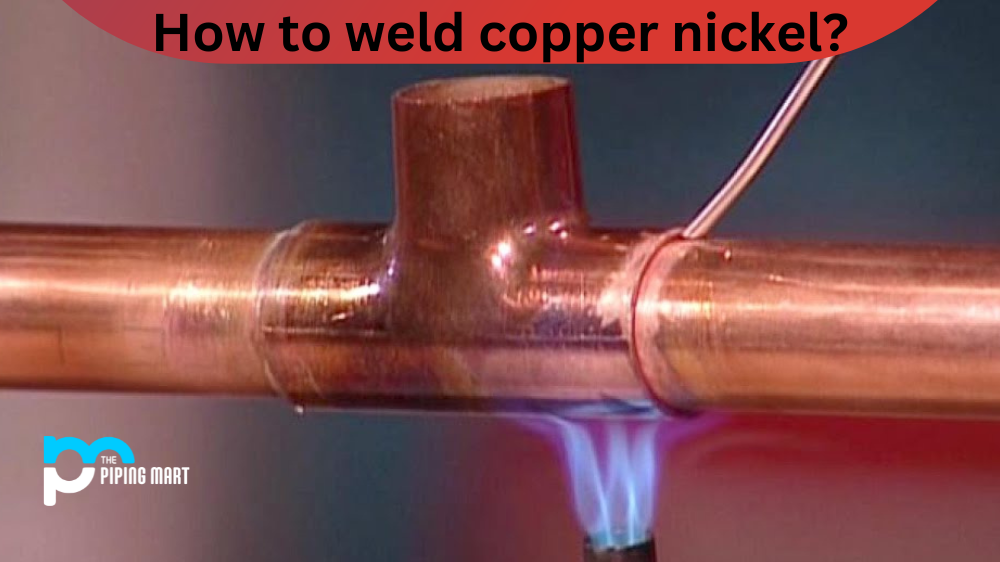Alloy 20 and SS316 are two popular alloys used for various applications. Both of these metals are prized for their durability, strength, and corrosion resistance. But which one is the best choice for your needs? Let’s take a closer look to compare alloy 20 vs. ss316 and see how they stack up against each other.
Strength & Durability
Both alloy 20 and SS316 are strong, durable alloys that can withstand extreme temperatures. However, alloy 20 is slightly stronger than SS316, making it the better choice when you need superior strength and durability. Additionally, alloy 20 has superior ductility and formability compared to ss316. This makes it an excellent choice when you need to shape or bend the material into a specific shape or size.
Corrosion Resistance
Both alloys have excellent corrosion resistance properties. However, SS316 has superior corrosion resistance due to its higher chromium content. This means that SS316 is the better choice when you need superior corrosion protection in harsh environments such as saltwater or chemical processing plants.
Cost
When it comes to cost, both alloys are relatively comparable in price, but there are some differences depending on where you source them from. Generally speaking, alloy 20 tends to be a bit more expensive than SS316 due to its superior strength and durability qualities. However, if you source them from the same supplier, then the prices will likely be similar overall.
Conclusion:
When deciding between alloy 20 vs. ss316, it is important to consider your specific needs in order to determine which metal is best suited for your application. Both alloys offer excellent strength and durability along with good corrosion resistance properties, so either one may work depending on what kind of environment they will be exposed to. Ultimately though, if you need superior strength, then alloy 20 is probably the better option, while if you need superior corrosion protection, then ss316 would likely be a better choice. Ultimately though, it comes down to personal preference as both metals have their own unique advantages that could make them ideal for different applications and uses cases.

Pipingmart is a B2B portal that specializes in metal, industrial and piping items. Additionally, we share the latest information and information about materials, products and various types of grades to assist businesses that are involved in this business.




